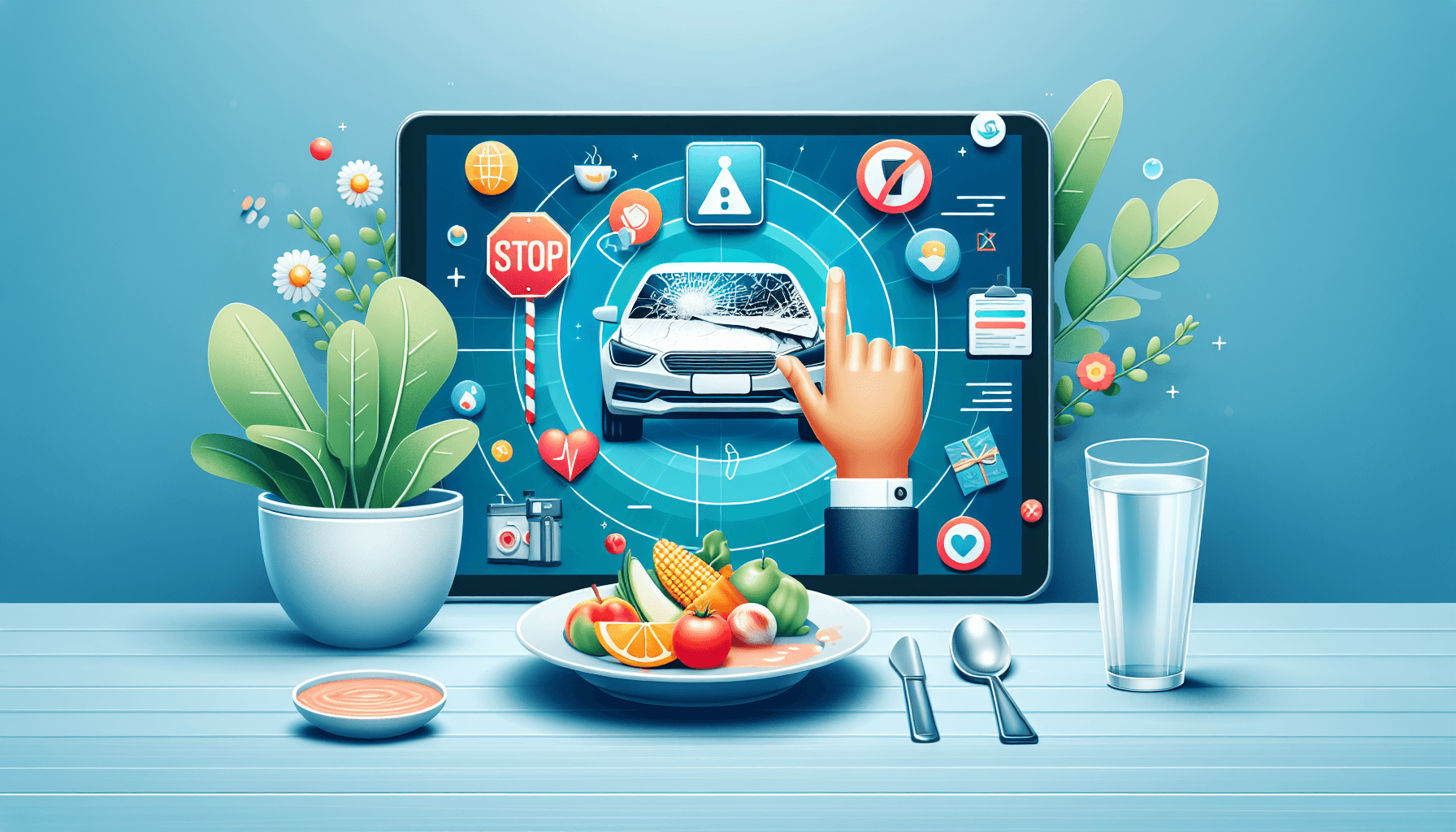After experiencing a car accident, it is not uncommon for individuals to face a variety of physical and emotional challenges. One common issue that can arise after a car accident is a loss of appetite. This can be a frustrating and concerning symptom for many, but it is important to understand why it happens and how to handle it effectively.
Understanding Loss of Appetite After a Car Accident
When you are involved in a car accident, your body goes through a significant amount of stress and trauma. This can trigger a cascade of physical and emotional responses, including changes in appetite. Loss of appetite after a car accident can be attributed to several factors:
- Shock and Trauma: The body’s natural response to a traumatic event can lead to a decrease in appetite. The shock and emotional distress caused by a car accident can affect your body’s normal hunger signals.
- Pain and Discomfort: Injuries sustained during a car accident can result in pain and discomfort, making it difficult to eat or feel hungry.
- Stress and Anxiety: Dealing with the aftermath of a car accident, such as insurance claims and repairs, can cause significant stress and anxiety. These emotional factors can suppress appetite and make it difficult to eat.
- Medication Side Effects: If you have been prescribed medication to manage pain or other symptoms after a car accident, some medications may have a side effect of suppressing appetite.
It is important to note that loss of appetite after a car accident is often temporary and should improve as your body heals and adjusts to the situation. However, if your loss of appetite persists or worsens over time, it is important to consult with a healthcare professional to rule out any underlying medical conditions.
Managing Loss of Appetite
While loss of appetite can be challenging to deal with, there are strategies you can use to manage it effectively. Here are some tips to help you regain your appetite after a car accident:
- Stay Hydrated: Even if you don’t feel hungry, it is essential to keep your body hydrated. Drinking plenty of water throughout the day can help maintain your overall well-being.
- Choose Nutrient-Rich Foods: When you do have an appetite, focus on nutrient-rich foods that provide the essential vitamins and minerals your body needs to heal. Incorporate fruits, vegetables, lean proteins, and whole grains into your diet.
- Eat Smaller, Frequent Meals: If large meals are overwhelming, try eating smaller, more frequent meals throughout the day. This can be less daunting and help to ease any discomfort you may be experiencing.
- Listen to Your Body: Pay attention to your body’s hunger signals and eat when you feel hungry. Try not to force yourself to eat if you have no appetite, as this can create additional stress.
- Seek Support: Reach out to friends, family, or a support group to discuss your concerns and emotions related to the car accident. Emotional support can play a crucial role in managing loss of appetite.
- Consider Chiropractic Care: Chiropractic care can be an effective treatment option for individuals recovering from a car accident. It can help alleviate pain, reduce stress, and improve overall well-being. Learn more about how chiropractic care can help you recover after a car accident.
If your loss of appetite persists for an extended period or is accompanied by other concerning symptoms, it is important to consult with your healthcare provider. They can assess your condition, provide appropriate guidance, and rule out any underlying medical issues.
Conclusion
Experiencing a loss of appetite after a car accident is not uncommon, but it can be managed effectively. By understanding the causes of loss of appetite and implementing strategies to regain your appetite, you can ensure that your body receives the necessary nutrients for healing and recovery. Remember to be patient with yourself and seek support from healthcare professionals and loved ones as you navigate post-accident recovery.

